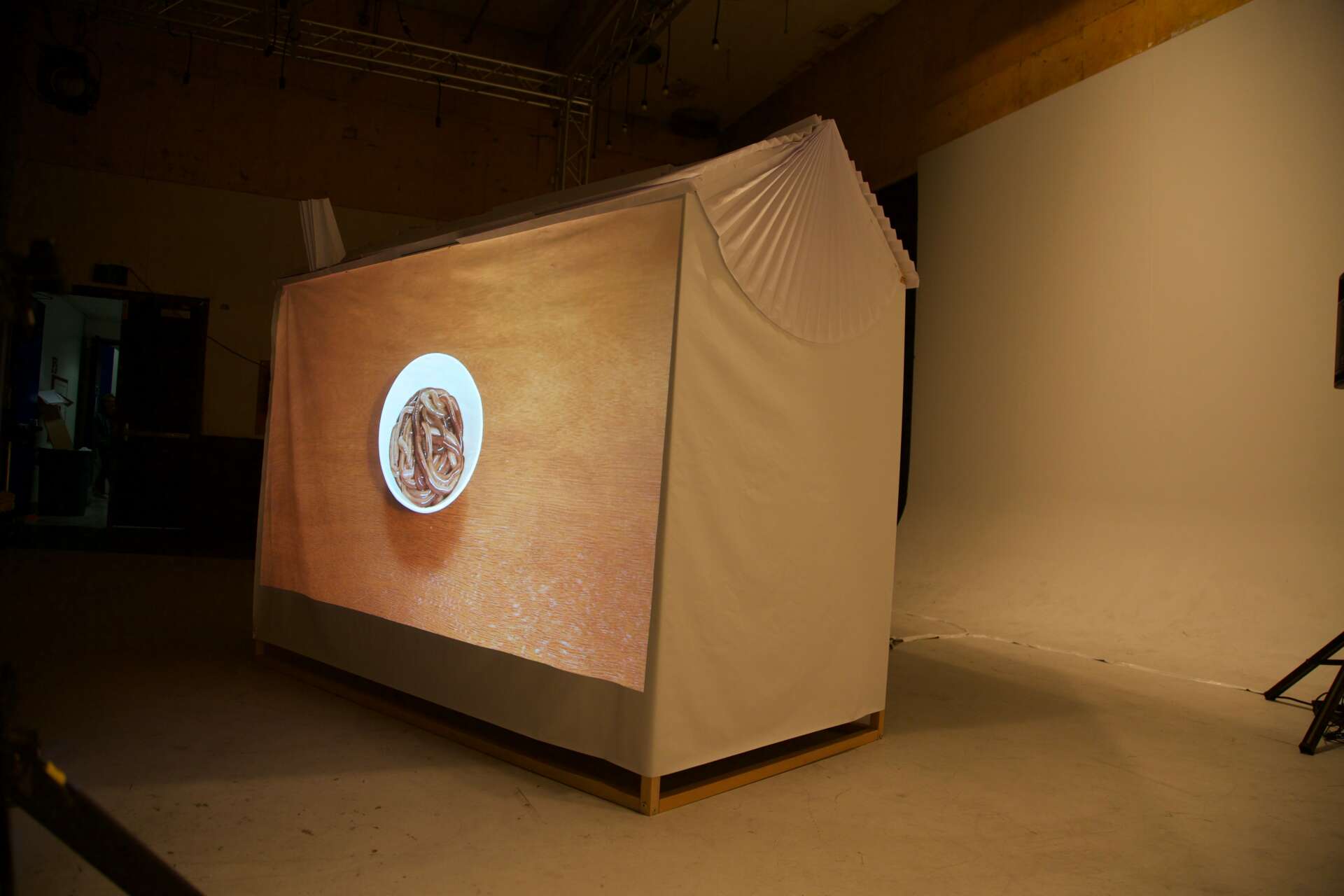We’re excited to introduce you to the always interesting and insightful Nicki Chen. We hope you’ll enjoy our conversation with Nicki below.
Nicki, looking forward to hearing all of your stories today. How did you learn to do what you do? Knowing what you know now, what could you have done to speed up your learning process? What skills do you think were most essential? What obstacles stood in the way of learning more?
I became an experimental violist by embracing a spirit of exploration and hands-on learning. Being born in the generation raised by the internet, I think sometimes we can forget that you don’t need a tutorial for everything. I joined bands of all different genres, went to jazz jam sessions, made music with so many different kinds of people. I deliberately placed myself in unfamiliar situations, pushing myself beyond my comfort zone. I sought out collaborations with musicians whose styles were completely new to me, regardless of any embarrassment it might have caused. Embracing the ability to make mistakes and learn from them became a crucial aspect of my practice. I think the biggest obstacle for me is being put into boxes by other people. As a conservatory trained violist none of my teachers really knew what to do when I had interest in improvisation and other genres. Then even when I finally broke out of classical music in college I became the “classical musician” when doing punk music or the “noise musician” when doing performance art. I take so much influence from so many genres at this point I don’t really think I fit into only one genre so it’s really interesting to see people try to put me in a box. I’m just an artist.
Nicki, before we move on to more of these sorts of questions, can you take some time to bring our readers up to speed on you and what you do?
As a musician my work involves so many different things, I teach, record, compose, play my own work at shows, make installations, play in other peoples projects, the list is really endless. When people hire me they tend to hire me for who I am as a person and an artist, not just because they are looking for any violist. I think that is the thing that makes me most proud. I don’t feel like a cog in the machine. People want to see my personal touch when they hire me.
Is there something you think non-creatives will struggle to understand about your journey as a creative?
I wish more people understood that being an artist isn’t really about being the “best” its more about being the person that will keep practicing and not quit. I hate that theres a divide between whos a creative and whos not! As humans we all have creative capacity. It’s so sad to see so many adults that tell me they used to be an artist or musician but they stopped because they felt like they weren’t good at it or felt like they couldn’t make money from it. You only lose when you stop making art. You’re never too old to make art and art is so subjective that its really hard to say if art is good or bad. I also hate the idea that we have to make money from everything we want to pursue seriously, that can really suck the life out of living. Make art for yourself. It’s so wonderful for processing emotions, connecting with other people, and connecting with your inner child.

What do you think is the goal or mission that drives your creative journey?
The goal with my art is to find and build community, particularly with other QTPOC (queer trans people of color). I want my art to feel like home and for the sounds to reflect my long and difficult journey to find community. I want for my practice to feel exclusive and personal. Helping other QTPOC resist feelings of isolation is the best act of community care I can provide. 


Contact Info:
- Instagram: https://www.instagram.com/viola.wav/
Image Credits
Zoe Tiller, Nadine Torres, Hop Nguyen


